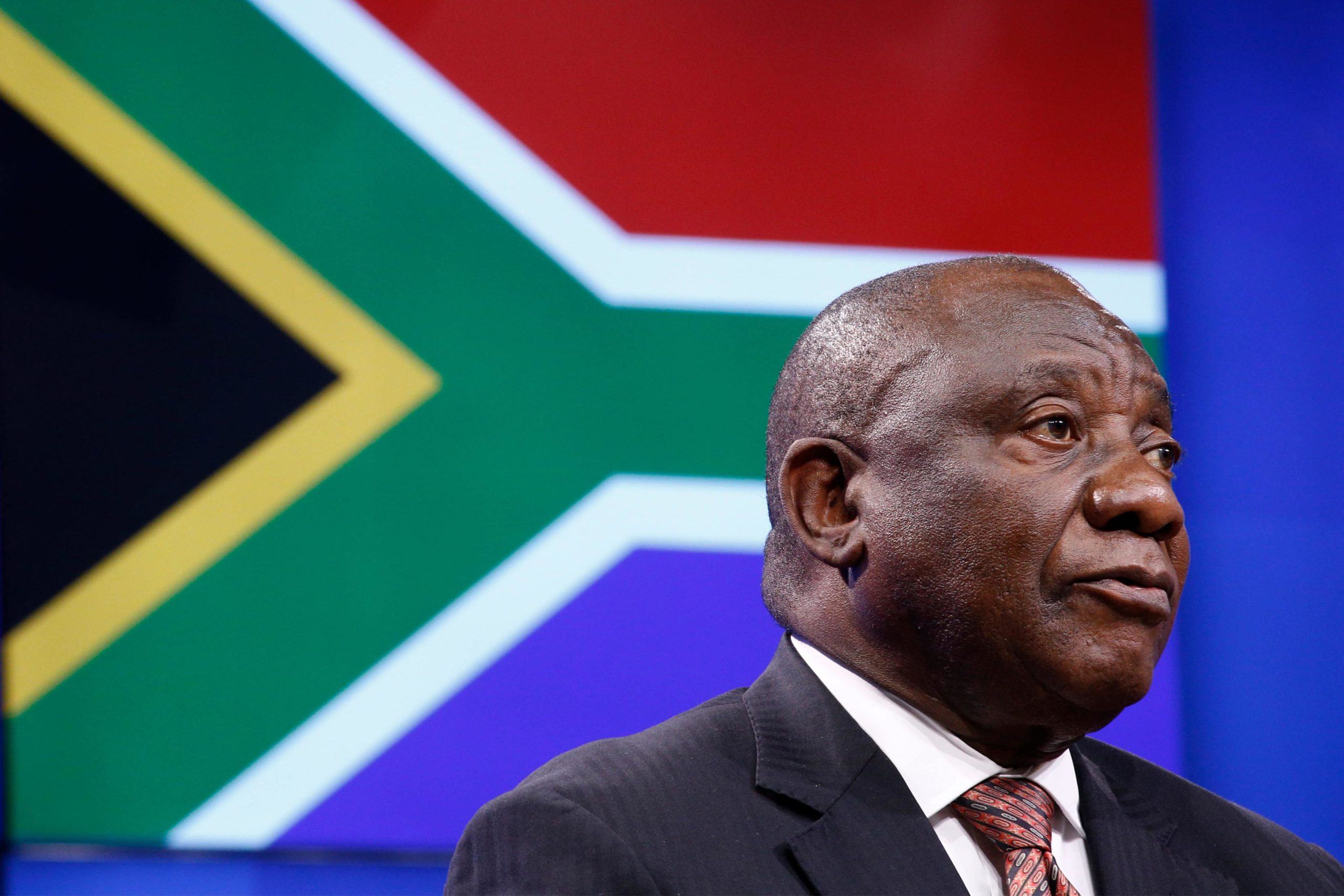
Cannabis reform law in South Africa under criticism from unions and Rastas
It should all be so easy. The national strategy to commercialize the South African cannabis industry was released last year. In February of this year, the President of South Africa, Cyril Ramaphosa, said in his State of the Union address that the development of the hemp and cannabis sector is a major priority for the country because of the economic engine it represents – including the creation of est 130,000 new jobs.
According to Ramaphosa, “We are streamlining the regulatory processes to allow the hemp and cannabis sectors to thrive like other countries like Lesotho,” he said. “Our people in the Eastern Cape, in KwaZulu-Natal and elsewhere are ready to farm and bring this age-old commodity to market.”
Imagine President Joe Biden saying the same thing?
However, not everything is clear sailing.
politicians against the people
The Cannabis for Private Purposes Bill, the pending legislation at issue, stems from a 2018 Constitutional Court ruling that decriminalized cannabis for personal use and cultivation in “private spaces”.
The bill is intended to create the blueprint for the industry.
Instead, it has been heavily criticized over time and by various interest groups.
This starts with existing establishments like the cannabis clubs, which have essentially been left in limbo.
But the critics don’t stop there. Most recently, this includes Cosatu, the largest union in the country. They say the bill is contradictory – and casts further doubt on the government’s commitment to full reform. Namely, while legislation outlines how cannabis can be produced for personal use and used for medicinal purposes, it is not clear how the commercialization of the industry will progress. And more importantly, who is allowed to participate.
As Cosatu noted, this will send confusing signals to both producers and law enforcement.
Additionally, the Umzimvubu Farmers Support Network (or UFSN), which brings together traditional farmers and cannabis growing communities in Pondoland (a large part of the country’s south-east coast that borders Lesotho), has also been vocal in its criticism of the legislation.
your biggest concern? Aside from feeling ignored by decision-makers, they feel that the vague definitions in the bill are being disregarded by the government. According to them, “It remains perfectly clear that the law makes absolutely no provision for the centuries-old custom of cannabis use and cultivation by the beneficiaries of the UFSN – the same farmers that our Honorable President Ramaphosa specifically mentioned in his last State of the Union address .”
UFSN members have frequently been searched by the police in recent years.
The USFN believes the current legislation is “lip service” to the idea of cannabis reform that will benefit domestic farmers rather than foreign and corporate interests.
They have now joined their opposition to the current provisions of the Rastafarian Community’s draft law.
The struggle for formalization in South Africa
This is not a new issue, notwithstanding the specifics at stake in South Africa. It’s happening all over the world right now, as the legalization movement is starting to formalize into regulations. Those who shape the legislation are not the ones most familiar with, or connected to in any concrete way, the dynamics of the legacy industry. They also don’t seem to care about the issues involved.
In California, for example, long-established growers feel they are being left out of an industry that has thrived because of them.
In Canada, the discussion now constantly revolves around how to limit patient cultivation.
In Germany, the discussion about home cultivation was so heated that patients who initially fought for the right to grow their own, albeit through a special government permit, lost it when the Bundestag decided to only allow certified companies (and only from Canada). ) to take part in the 2017 cultivation tender.
The reality is that legalizing cannabis may sound grand, but the road to legislating that legality is increasingly fraught with such conflicts.
The questions of who can legally grow and sell the plant begin with a capital-intensive certification process — leaving out just the smaller growers who will benefit most from full and definitive reform.
So far, these questions have not really been answered in any legal system. This, too, is likely to be hard-fought and emotionally tense territory almost everywhere. In that sense, the cannabis industry isn’t like any other commodity, at least so far, and it likely won’t be for some time.
Who ever heard of such fights over tomatoes?

Post a comment: